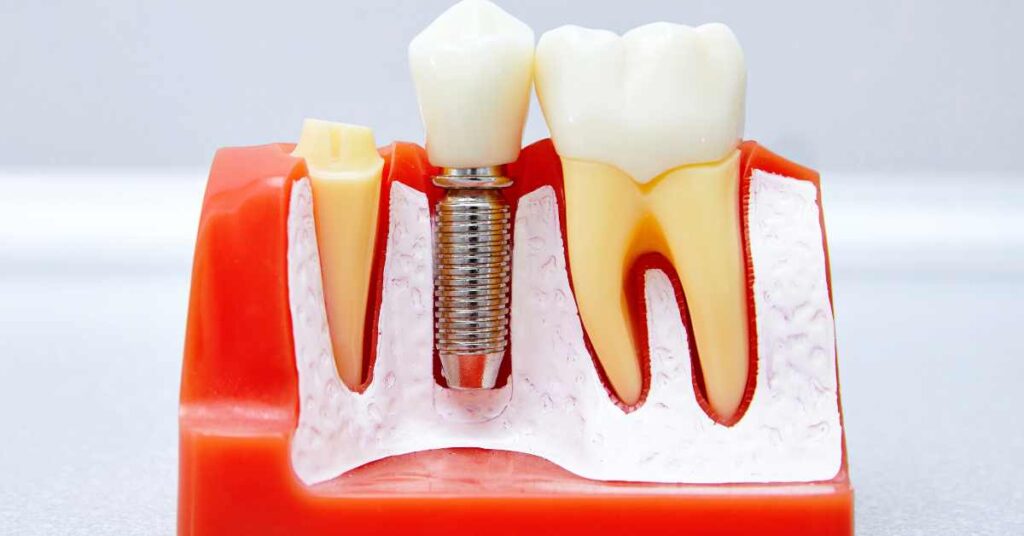Maintaining Your Dental Implants
Dental implants are a remarkable solution for individuals seeking to replace missing teeth and restore their smile. They offer a natural-looking and durable alternative to traditional dentures or bridges. However, like natural teeth, dental implants require proper care and maintenance to ensure their longevity and functionality. In this article, we will explore essential tips and guidelines for maintaining your dental implants to promote oral health and maximize their lifespan.
Maintaining your dental implants is crucial for both oral health and the longevity of the implants themselves. While dental implants are not susceptible to cavities, they can still be affected by gum disease and other oral health issues. By practicing proper maintenance, you can prevent complications such as peri-implantitis, which is an inflammatory condition that affects the tissues surrounding the implant.
Daily Oral Hygiene Practices for Dental Implants
Brushing and flossing: Just like natural teeth, dental implants require regular brushing and flossing to remove plaque and food particles. Use a soft-bristle toothbrush and non-abrasive toothpaste to gently clean the implant and surrounding gum area. Flossing should be done carefully, using a floss threader or interdental brushes designed for implants to clean between the teeth and around the implant post.
Mouthwash and antimicrobial rinses: Incorporate an antimicrobial mouthwash into your daily routine to reduce the bacterial load in your mouth. Consult your dentist to choose a mouthwash specifically formulated for dental implants, as some traditional mouthwashes may contain alcohol or harsh chemicals that can damage the implant surface.
Avoid damaging habits: Avoid habits that can put unnecessary stress on your dental implants, such as biting on hard objects or opening packages with your teeth. These actions can potentially damage the implant crown or the underlying structures, leading to complications.
Professional Dental Care and Routine Check-ups
Regular visits to your dentist are essential for maintaining the health of your dental implants. Your dentist will perform professional cleanings, remove any plaque or tartar buildup, and assess the condition of your implants and surrounding tissues. They will also check your bite and ensure that your implant-supported restoration is functioning correctly. These routine check-ups allow for early detection of any issues, ensuring prompt intervention and preventing potential complications.
Lifestyle Choices that Promote Dental Implant Health
Healthy diet: A balanced diet rich in vitamins, minerals, and essential nutrients plays a vital role in maintaining overall oral health. Adequate nutrition supports the healing process and strengthens the surrounding gum tissues. Incorporate foods like fruits, vegetables, lean proteins, and dairy products into your diet to support the health of your dental implants.
Tobacco and alcohol cessation: Smoking and excessive alcohol consumption have detrimental effects on oral health, including an increased risk of gum disease and implant failure. Quitting tobacco and moderating alcohol intake can significantly improve the success and longevity of your dental implants.
Conclusion:
Proper maintenance and care are essential for the long-term success of your dental implants. By following a diligent oral hygiene routine, visiting your dentist regularly, and making healthy lifestyle choices, you can ensure the health and longevity of your dental implants. Remember, investing time and effort in maintaining your dental implants will result in a beautiful, functional smile that can last a lifetime.

